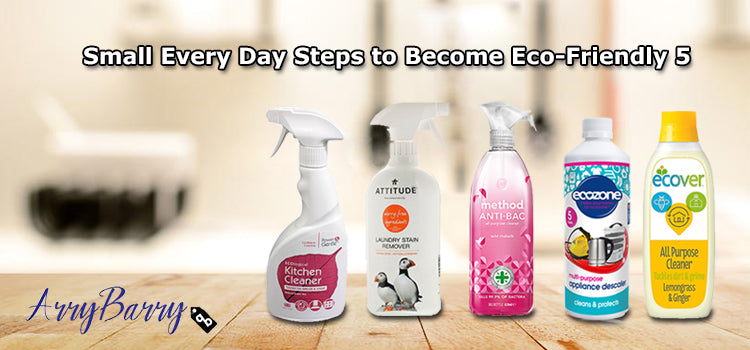News
- All posts
- antibiotics for cats
- antibiotics for dogs
- appetizers
- ArryBarry Online Store
- arrybarry store
- baby and child products
- baby brush
- baby care
- baby care products
- baby cereal
- baby cream
- baby dental care
- baby food
- baby food pouches
- baby food products
- baby food recipes
- baby formula
- baby health
- baby meals
- baby milk
- baby milk & drink
- baby milk powder
- baby oil
- baby recipes
- baby shampoo and conditioner
- baby skin care
- baby snacks
- baby teethers & soothers
- baby toothbrush
- baby toothpaste
- bathroom cleaner
- beauty care
- Beauty Care Products
- best baby formula
- best baby toothbrush
- best cat litter
- best coffee
- Best dish detergent
- best dishwasher detergent
- best energy drink
- best green tea
- best hair conditioner
- best hair conditioner for dry hair
- best laundry detergent
- Best Nutritional Drinks and Shakes
- Best Organic Food Store
- best protein drinks
- best puppy food
- best stain remover
- Best stain remover for clothes
- best toothpaste for kids
- best water purifier
- black tea
- brown rice
- brown rice flour
- brushes & combs
- buy coffee beans
- Buy health and beauty care products
- Buy Organic Food
- buy spices online
- cacao powder
- cat food online
- chicory coffee
- children's toothpaste
- chocolate powder
- cleaning products
- conditioner everyday
- conditioner for dry hair
- cooking utensils
- cough medicine for kids
- daily essentials
- Detergents & dishwashers
- diet shakes
- Dishwasher cleaner
- Dishwasher detergent
- Dishwasher powder online
- Dishwasher soap
- Dishwasher soap online
- dishwashing liquid
- dog clothes
- dog foods
- drinks products
- Eco friendly
- environmentally friendly
- essential nutrients
- eye care product
- eye vitamins
- eyeglass frames
- eyeglasses
- fizzy drinks
- Floor cleaner products
- fresh herbs
- Fruit Juices
- glass jars
- green tea
- green tea extract
- green tea weight loss
- hair care products
- hair conditioner
- Health and beauty care products
- health care
- health care products
- healthy cat food
- healthy drinks
- healthy soups
- herbal tea
- herbs
- herbs & spices
- herbs and spices
- home cleaning products
- household essentials
- ice tea
- iced coffee
- iced tea
- Immunity-Boosting
- kids toothpaste
- kitchen tools
- kitchen utensils
- kitty litter
- lens wipes
- macaroni noodles
- macaroni spaghetti
- matcha green tea
- mother care product
- mother care store
- multivitamins and minerals
- natural cocoa powder
- natural drinks
- natural herbs
- noodles
- nutrition drinks
- nutrition drinks & shakes
- online vitamin supplements
- organic baby food
- organic baby products
- organic cleaning products
- organic cocoa powder
- organic food products
- organic food store
- Organic food store online
- Organic Foods
- Organic Ghee
- organic green tea
- organic pet care product
- Organic skin care products
- pasta noodles
- pasta varieties
- pastas
- Pet
- pet antibiotics
- pet apparel
- pet care products
- pet grooming
- Puppy care
- rice noodles
- rices
- salt & pepper
- salt and pepper
- salt and pepper shakers
- seasoning mix
- seasonings
- shampoo
- shower gel
- skin care
- soup
- soya milk
- spaghetti noodles
- spaghetti pasta
- spaghetti pasta salad
- spice
- spice for sale
- spices online
- spicy seasonings
- spiral noodles
- Stain remover
- table covers
- tea bags
- tea bags online
- tea flavours
- teether
- teething baby
- teething beads
- thick spaghetti noodles
- toddler toothbrush
- toothbrush for baby
- toothpaste
- vegetable soup
- veterinary medicine
- vision care
- vision care products
- vitamin & minerals
- vitamin a eye drops
- vitamin D
- vitamin d3 supplement
- vitamin k supplement
- Vitamins
- washing powder
- weight loss shakes
- wipes

5 Small Every Day Steps to Become Eco-Friendly
Environmental hazards have been increasing day by day. It has become a necessity to do everything we can to save the environment from all man created issues. Government sand many NGOs have been con...
Read more